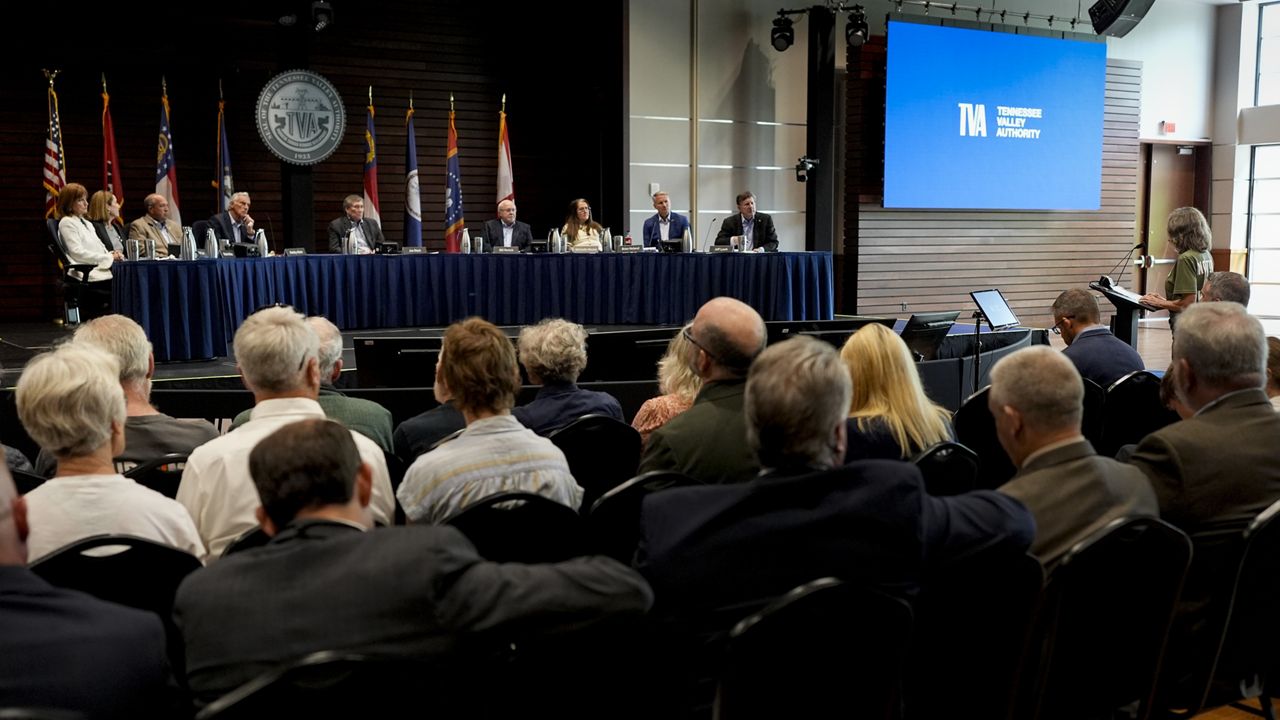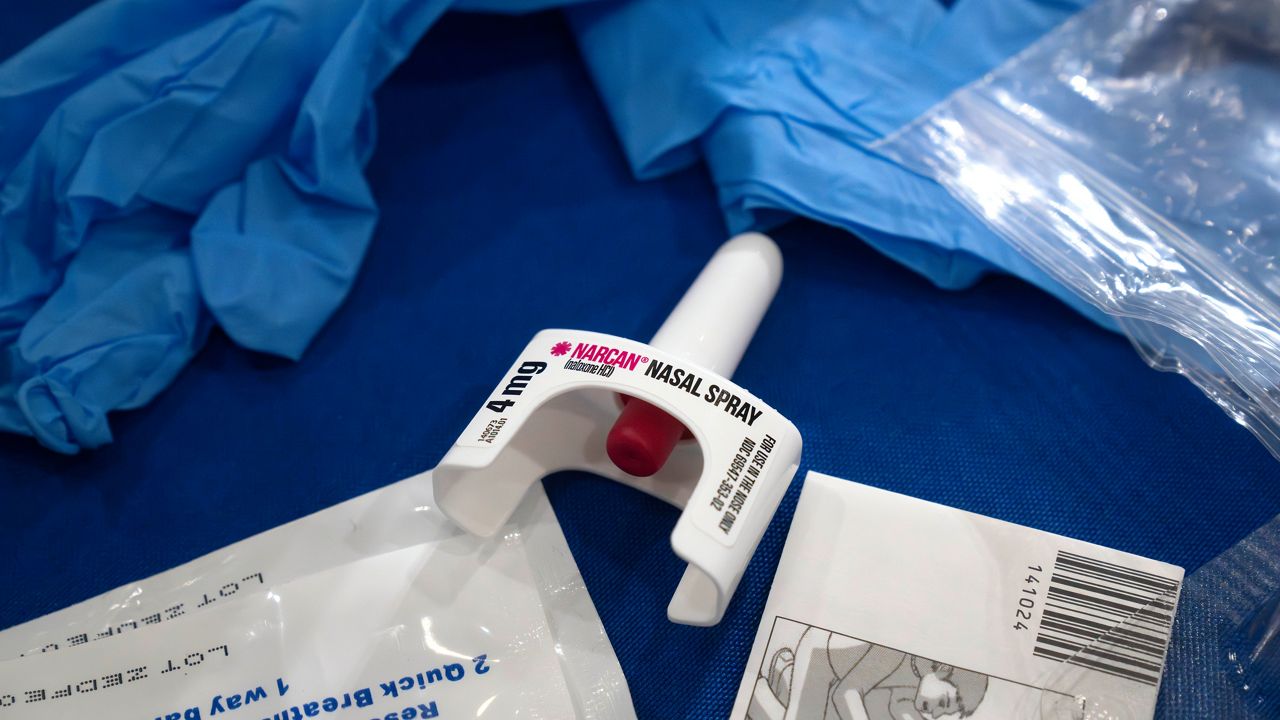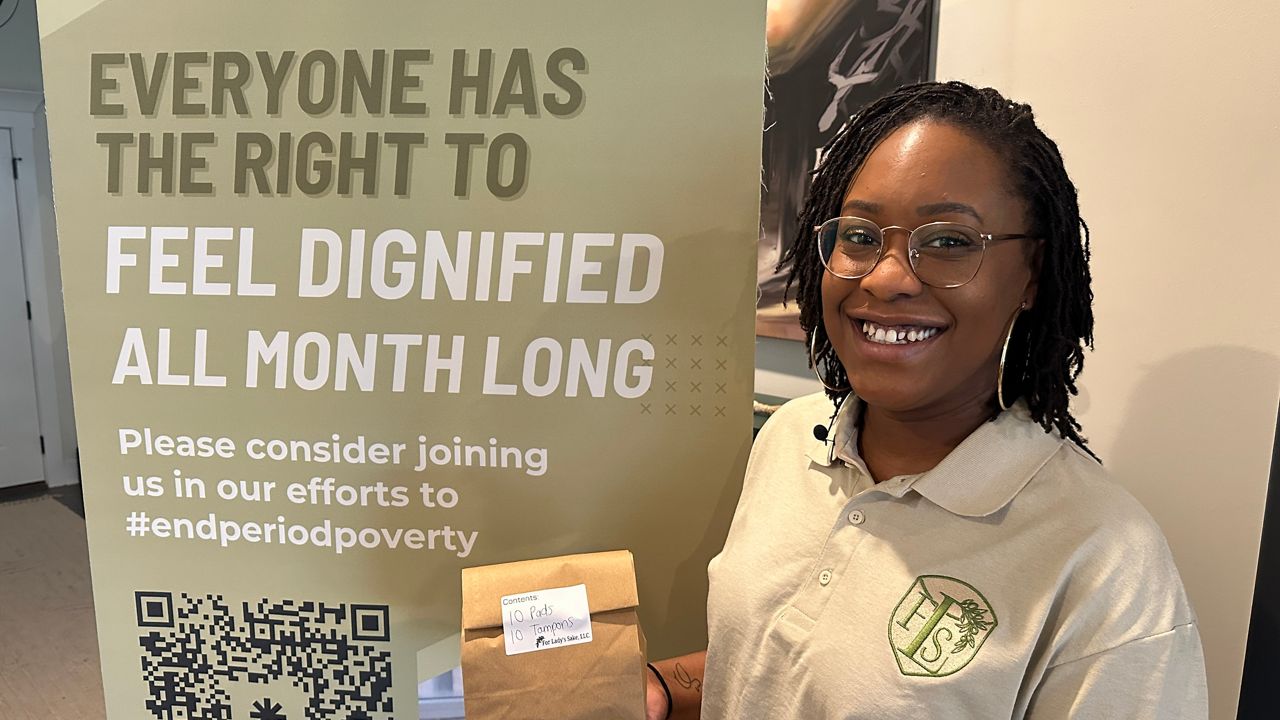LOUISVILLE, Ky. — Kentucky is one of three states widely recognizing Oct. 4 as “TEN 4 Day,” a movement to train adults on recognizing the signs of child and infant abuse.
Kosair for Kids hosted a training Wednesday for “TEN 4 Day.” The organization funds research and the hiring of child pediatricians across the state — specifically those who are trained to detect and treat abuse.
Kosair for Kids partially funds five practicing child abuse pediatricians in Kentucky.
“And can we all agree what we really need to know are the signs of child abuse and how to end it,” Berry Dunn, Kosair for Kids president, said.
Kosair for Kids launched the Face It movement as an effort to end child abuse and neglect.
It’s a big issue in Kentucky. Over the decades, Kentucky has recorded some of the nation’s worst stats on documented child abuse.
For a time Kentucky ranked first in the number of recorded child abuse cases, according to the U.S. Department of Health and Human Services. Currently, Kentucky ranks fifth, according to Kosair for Kids.
“We continue to have nearly double the national average in the rate of substantiated victims of child abuse under age one,” Dunn said.
There are resources and training available to Kentuckians, including directives on how to recognize the signs of abuse.
Dr. Melissa Currie, a child abuse pediatrician who University of Louisville Hospital, helped develop the “TEN 4 Faces” rule. TEN is an acronym for torso, ears and neck.
“This is a bruising clinical decision rule that can be used, not just by medical providers, but by folks out in our community to help us determine and when we should be worried about bruises in children,” Currie said.

Lloyd Moore is an early head start teacher who uses and advocates for the TEN 4 Faces rule.
“Any kind of bruising, especially pattern bruising — you know, forehand indicating a strike... Those kinds of things you want to look out for,” Moore said. “Ears, pinching of the ears especially and then around the neck of course.”
Moore said all adults — not just parents, teachers or caregivers — should know the signs of abuse.
“It happens anywhere, which is why it’s really easy to fall into that thought that ‘It couldn’t happen here.’ ‘It wouldn’t happen to me or it wouldn’t happen to this person.’ It could happen to anybody,” Moore said.
Currie led training on TEN 4 Faces. She said any bruising on an infant is an immediate cause for a doctor’s visit.
For children who are mobile, the TEN 4 Faces rule should be followed. If a kid is moving on their own, “then any bruising to the torso, ears or neck” is cause for concern, she said.
“It is very rare to occur from accidental injury,” Currie explained.










